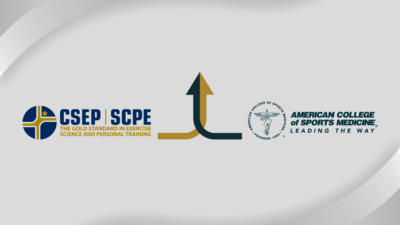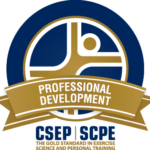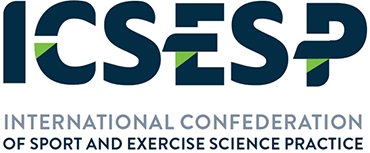News

Planning for a Future CEP Workforce in Türkiye
Nathan, ICSESP Director and Project Lead of the International CEP Professional Standards, recently visited Istanbul for the second year running to present at the 6th International
ICSESP Partners with University of Fiji to present the 2024 Fiji Physical Activity Promotion Symposium 10 August
The 2024 Fiji Physical Activity Promotion Symposium (FPAPS) is dedicated to sharing expertise and generating new knowledge in exercise and sports science across Pacific Island

ICSESP Director Nathan Reeves Provides an Update on the International CEP Standards in Turkiye
Nathan recently had the privilege of presenting at the 5th International Congress of Athletic Performance & Health in Sports in Istanbul, Turkiye. Congress Chair, Dr

CSEP and ACSM reach historic partnership
Two of the world leaders in exercise science, sports medicine and personal training have established a new collaborative partnership. The Canadian Society for Exercise Physiology (CSEP) and

14th International Standards Meeting (ISM) 2023
‘Skills and Workforce Development Towards EuropeActive’s 2025 Horizon’ What is the ISM?The International Standards Meeting (ISM) is EuropeActive’s main event for training providers, employers, practitioners

The CSEP-CEP certification is now a recommended credential in BC
The CSEP Clinical Exercise Physiologist™ certification is now a recommended credential in British Columbia for qualified exercise professionals looking to work in the province’s health

